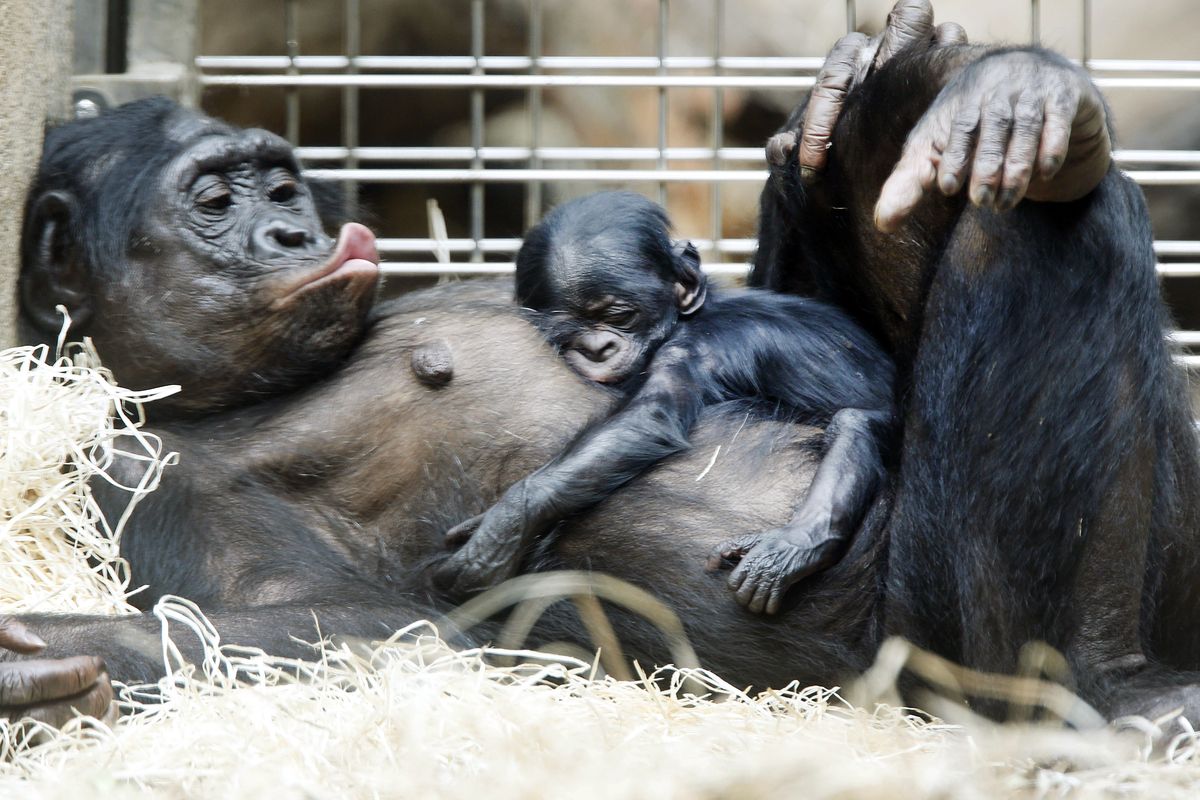‘Friendliest,’ not fittest, is key to evolutionary survival, scientists argue in their new book

British naturalist Charles Darwin got it right, but maybe we got Darwin wrong.
Most people assume Darwin was talking about physical strength when referring to “survival of the fittest,” meaning a tougher, more resilient species always will win out over its weaker counterparts. But what if he didn’t mean that at all?
Scientists Brian Hare and Vanessa Woods, both researchers at Duke University’s Center for Cognitive Neuroscience, believe something else has been at work among species that have thrived throughout history, successfully reproducing to sustain themselves, and it has nothing to do with beating up the competition.
Their new book, “Survival of the Friendliest: Understanding Our Origins and Rediscovering Our Common Humanity,” posits that friendly partnerships among species and shared humanity have worked throughout centuries to ensure successful evolution. Species endure – humans, other animals and plants – they write, based on friendliness, partnership and communication. And they point to many life examples of cooperation and sociability to prove it.
“Survival of fittest, which is what everyone has in mind as evolution and natural selection, has done the most harm of any folk theory that has penetrated society,” Hare said. “People think of it as strong alpha males who deserve to win. That’s not what Darwin suggested or what has been demonstrated. The most successful strategy in life is friendliness and cooperation, and we see it again and again.
“Dogs are exhibit A. They are the extremely friendly descendants of wolves. They were attracted to humans and became friendly to humans and changed their behavior, appearance and developmental makeup. Sadly, their close relative, the wolf, is threatened and endangered in the few places where they live, whereas there are hundreds of millions of dogs. Dogs were the population of wolves that decided to rely on humans – rather than hunting – and that population won big.”
In nature, for example, flowering plants attract animals to spread their pollen, forming a partnership that benefits both.
“The plants provide food and energy, while the animals provide transportation for the pollen,” Hare said.
Before focusing on dog studies – Hare founded the Duke Canine Cognition Center – Hare and Woods studied bonobos, apes that are often confused with chimpanzees. But bonobos are quite different from chimps.
Chimps make war – males take charge – and can be quite violent, even killing one another. Bonobos, on the other hand, are governed by females, don’t kill one another and engage in sex to maintain a peaceful collective temperament. Bonobos also are natural sharers. They enjoy sharing food with other bonobos and never outgrow their willingness to do so, unlike chimpanzees, who become more selfish in adulthood.
“The friendliest male bonobo is more successful than the unfriendliest chimpanzee,” Hare said, referring to reproduction. “The most successful bonobo males have more offspring that the most successful alpha male chimpanzees.”
For humans to continue to evolve successfully, he said, “Friendliness is the winning strategy. Social problems require social solutions. The secret to our species’ success is the same as it is with dogs and bonobos. We are the friendliest human species that ever evolved, which has allowed us to outcompete other human species that are now extinct. When that mechanism is turned off, we can become unbelievably cruel.
“When it is turned on, it allows us to win. We win by cooperation and teamwork. Our uniquely human skills for cooperative communication can be used to solve the hardest social problems.”